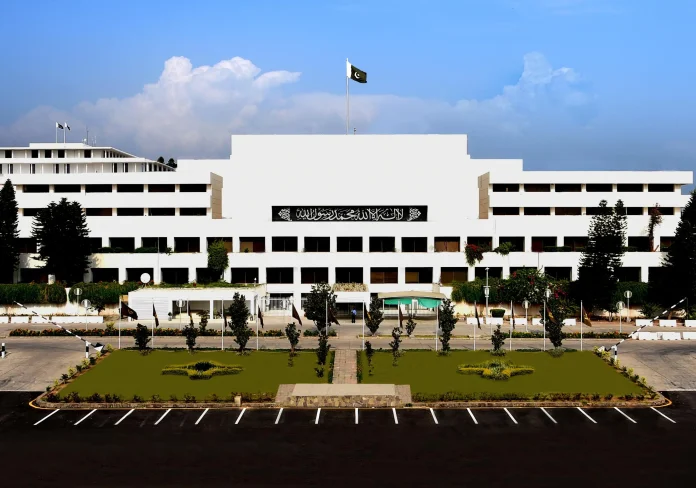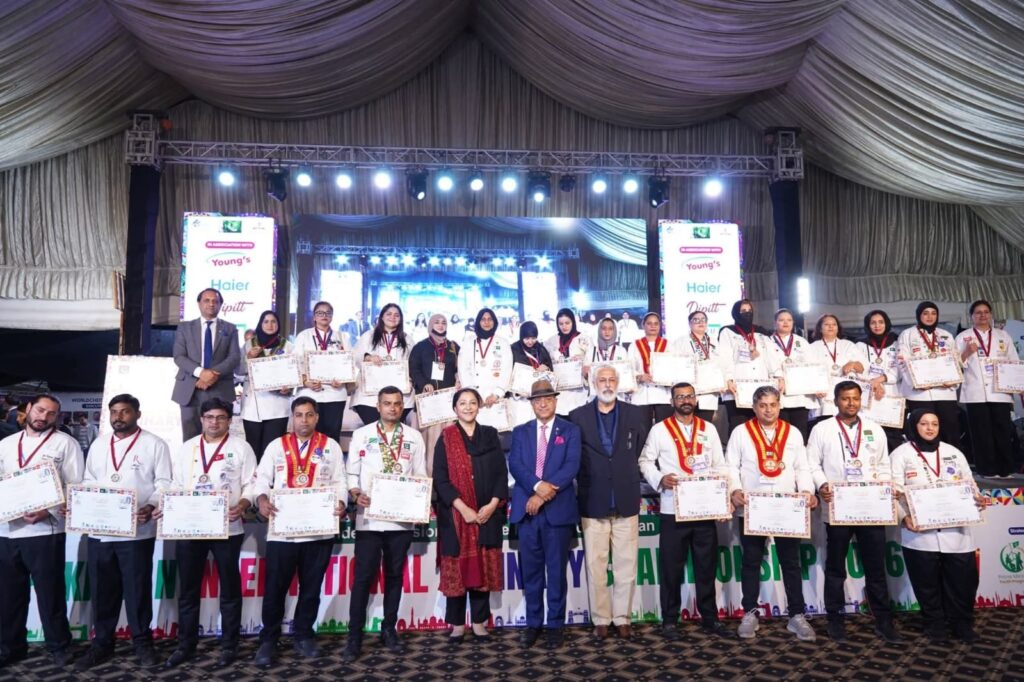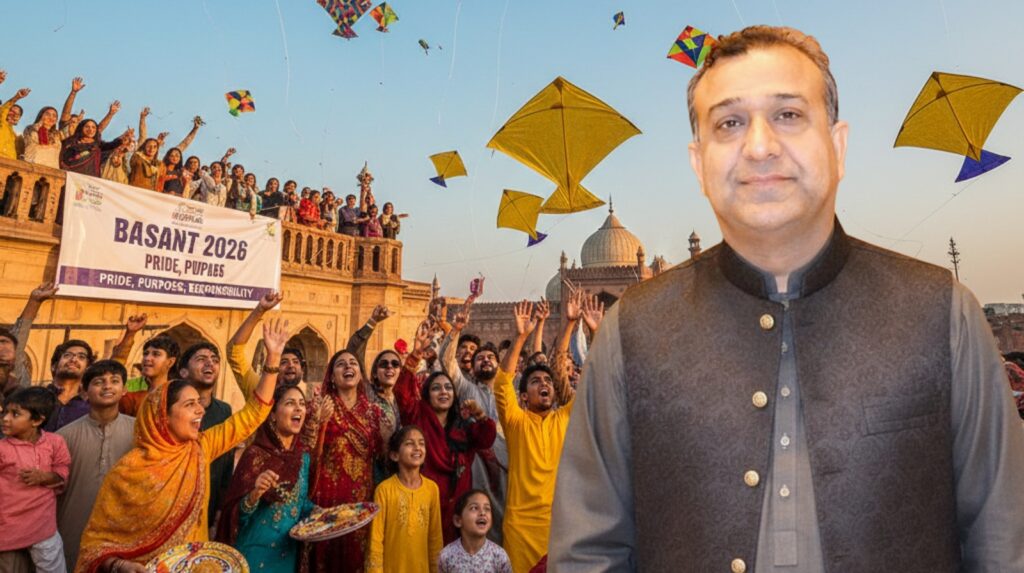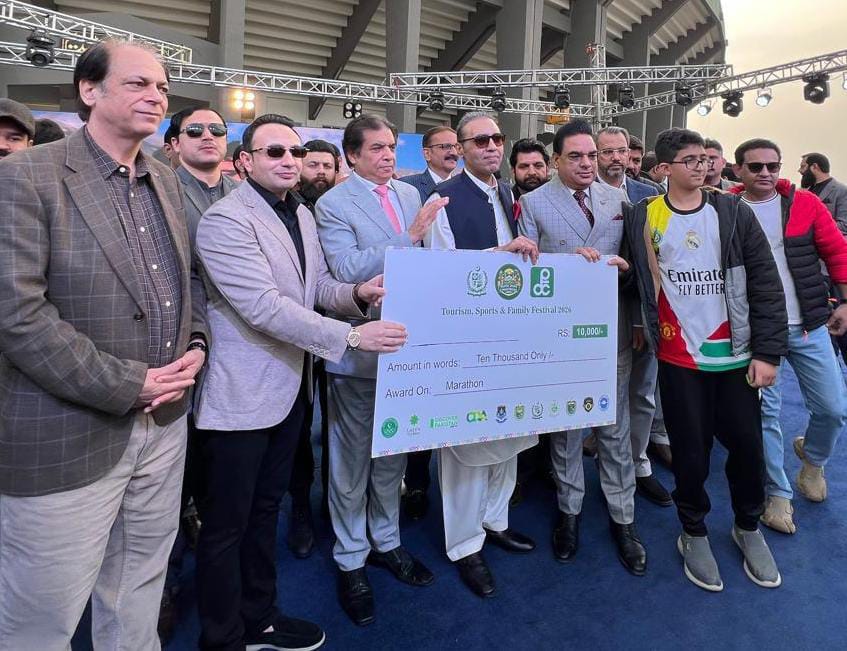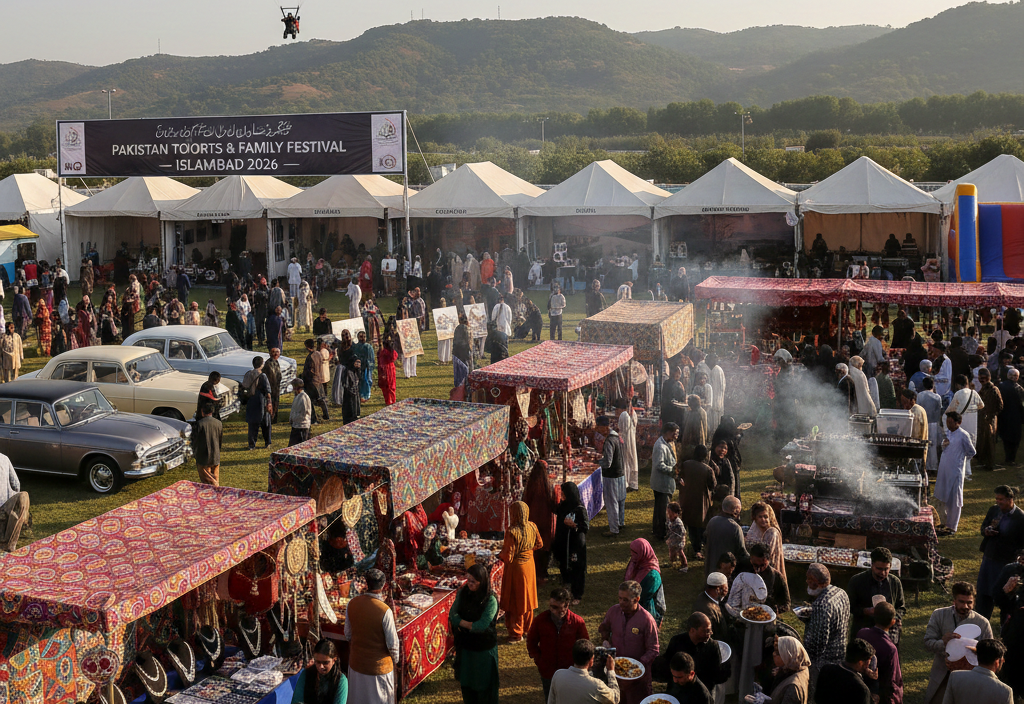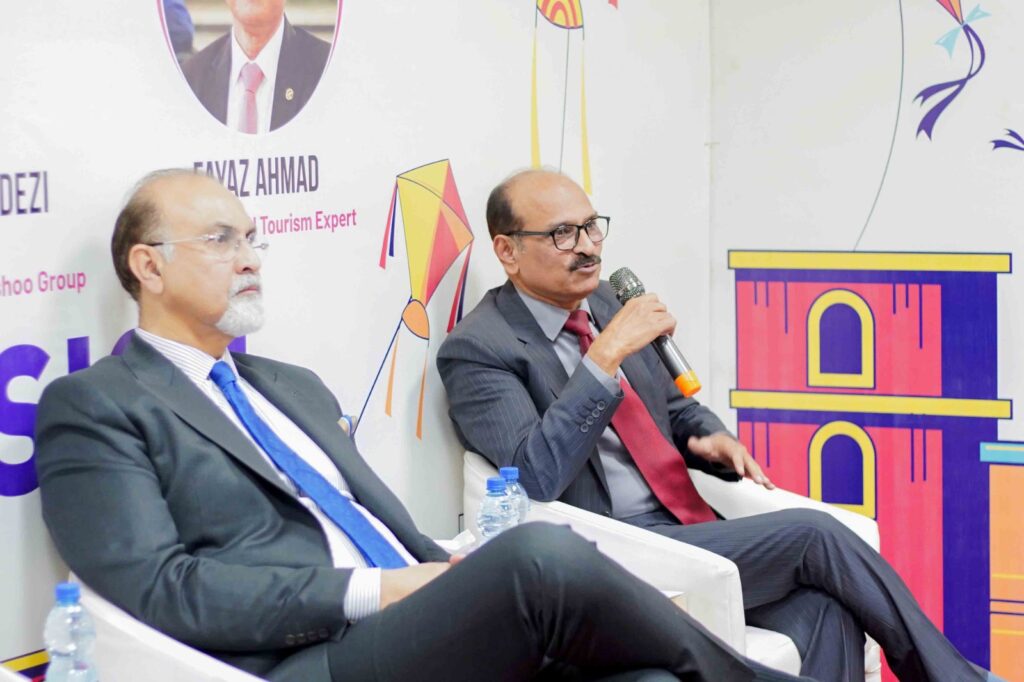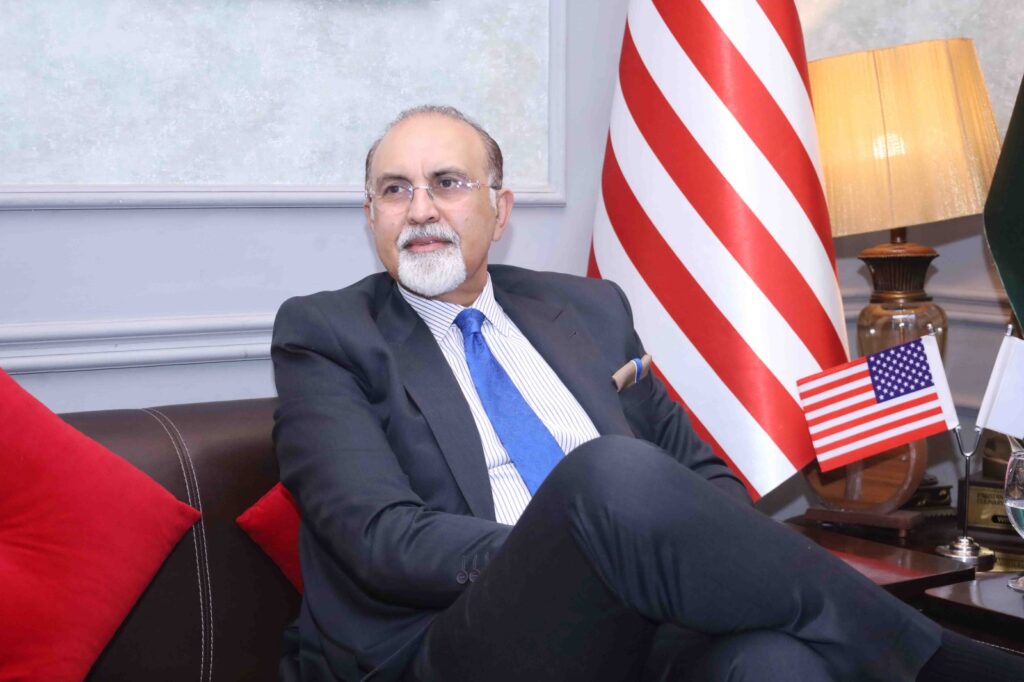The National Assembly on Wednesday approved three demands for grants amounting to Rs. 34.046 billion for the National Food Security and Research Division as part of the federal budget for the financial year ending June 30, 2026. The demands were presented by Minister for Finance and Revenue Muhammad Aurangzeb during the ongoing budget session, while all 98 cut motions moved by opposition lawmakers were rejected.
Of the approved allocations, Rs. 23.068 billion have been earmarked for the National Food Security and Research Division, Rs. 6.724 billion for the Pakistan Agricultural Research Council, and Rs. 4.253 billion for development-related initiatives within the division. The budgetary endorsement reflects the government’s renewed emphasis on strengthening the agricultural sector—widely regarded as the backbone of Pakistan’s economy.
Speaking in the National Assembly, Federal Minister for National Food Security and Research Rana Tanveer Hussain highlighted the central role agriculture plays in the livelihoods of nearly 65 percent of the population. He noted that under Prime Minister Shehbaz Sharif’s leadership, agriculture has been elevated to a top national priority, with the Prime Minister personally chairing daily meetings and issuing directives focused on boosting the sector’s performance.
Rana Tanveer emphasized that the government has implemented a comprehensive strategy to address longstanding agricultural challenges. This includes the formation of specialized working groups and task forces aimed at sector-specific improvements. He pointed out that fertilizer supply has remained stable this year, with no reported shortages and prices in some areas even dropping below the fixed rate. Pakistan, he added, is now in a surplus position and is considering the export of fertilizer.
Turning to cotton production, the minister acknowledged that the sector had suffered declines under previous governments but noted that focused policy efforts are beginning to reverse that trend. The government has now set a target of producing 10 million bales of cotton, effectively doubling past output. To protect local cotton growers and ensure fair market conditions, an 18 percent duty has been imposed on imported cotton.
On initiatives in Balochistan, Rana Tanveer shared that the federal government has allocated Rs. 50 billion for the installation of solar-powered tube wells, a move expected to conserve water and promote sustainable agriculture in the province. He also spoke about the ongoing institutional reforms within the agriculture sector, aimed at modernizing systems and enhancing productivity.
The minister noted a sharp increase in agricultural exports, which have doubled to $8 billion from $4 billion in the previous year, signaling a clear upward trend in the sector’s performance. He further shared that the Punjab government had distributed 10,000 tractors among farmers to promote mechanized farming and reduce manual labor. In addition, Pakistani farmers have been sent to China for three- and six-month training programs on modern farming techniques, which are expected to significantly improve local production practices.
Rana Tanveer concluded by reaffirming the government’s unwavering commitment to revitalizing agriculture as a cornerstone of national development. He stressed that continued investment, training, and policy reform are vital for building a more resilient and farmer-friendly agricultural economy in Pakistan.

